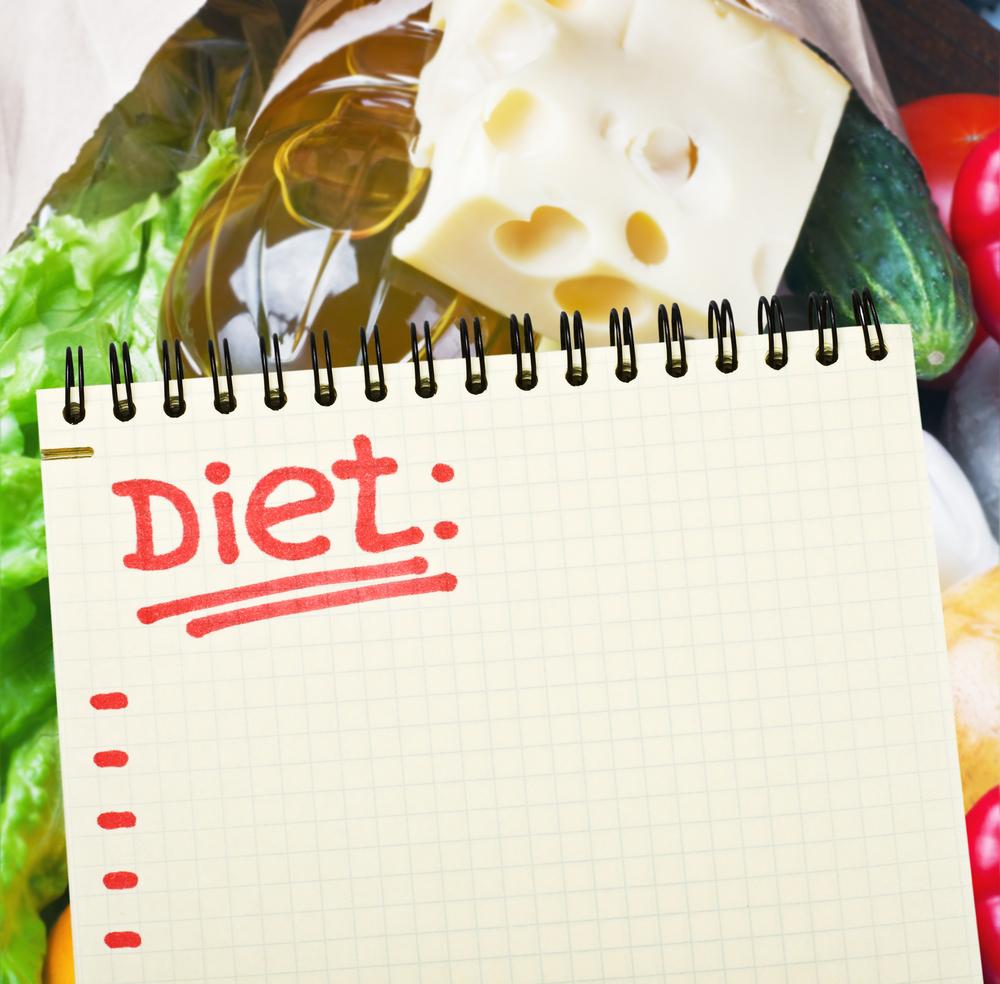
Can A Good Diet Plan Reduce The Impact Of Bipolar Depression
People with bipolar depression counter unusual mood episodes – lows to extreme lows. Such episodes can last for many days. People with this disorder may experience suicidal tendencies, insomnia, fatigue, weakened immune system, and weight fluctuations. Often a chain of events affects people with bipolar depression. It affects people both mentally and physically.
Healthful diet leads to a healthy body
We all know that diet plays an important role in keeping our body healthy and in maintaining both physical and mental wellbeing. Sufficient sleep is a precursor to a healthy body. A healthy diet is a precursor to good sleep. By taking a cue from the benefits of a healthy diet, researchers have established that bipolar depression can be managed with timely medications combined with a good diet plan. Studies have proven that people who follow a good diet and have lower BMI respond well to medications. The choice of food or diet is linked to the intensity of bipolar depression disorder and the response to the medication.
Good quality and healthful diets act as an anti-inflammatory and strengthen the body, whereas, poor diets act as pro-inflammatory and weaken the body. The poor-quality diet increases the BMI and the response to treatment may be poor. By modifying the lifestyle and by cultivating good food habits, the intensity of bipolar depression can be managed well. Hence, a good diet plan can prepare the body to reduce the impact and intensity of the disorder.
A healthful diet and bipolar depression
One cannot suggest a specific diet plan to manage bipolar depression. We all know that a good quality diet safeguards the body from chronic disorders and diseases, which include type 2 diabetes, hypertension, heart diseases, osteoporosis, and certain types of cancers. Also, a healthy diet will keep the body fit and increases the immunity of the body. When the body is fit, the mind stays fit. A healthy body with normal weight and normal BMI can counter diseases and disorders. Hence, a good-quality diet is important to manage bipolar depression and prevent other diseases.
Given below are a few diet tips for managing bipolar depression:
- People with bipolar disorder may tend to eat too much during their depressive episodes. This may give rise to obesity. Obesity reduces the immunity of the body, thereby attracting diseases. Therefore, you should watch your caloric intake and exercise regularly to maintain a healthy weight. There are reports that indicate that those with bipolar disorder may have a greater risk of being overweight or obese . Consult your doctor about ways to avoid weight gain when taking bipolar medications.
- Certain food intake may give better results during the medication for bipolar depression. A nutritious diet that is light and filled with vitamins and minerals nourish the body. Nuts, fruits, and vegetables give the required energy. A diet containing omega-3 fatty acids are found to be the best during the medication period.
- Some foods should be avoided to maintain good health. Foods including pizza, pasta, burgers, etc., are detrimental to physical health. Processed foods do more harm than good. Medical practitioners often advise that some foods cannot be combined with certain medications as they are found to interfere with the medications.
In order to combat depression, it is also important to keep your body nourished. Like they say, “You are what you eat.”


